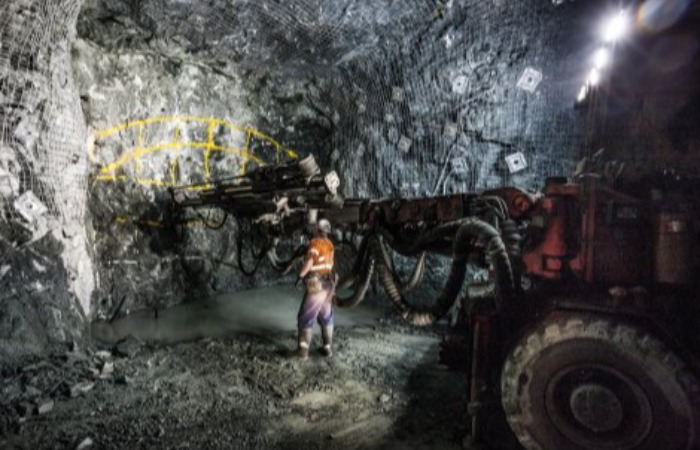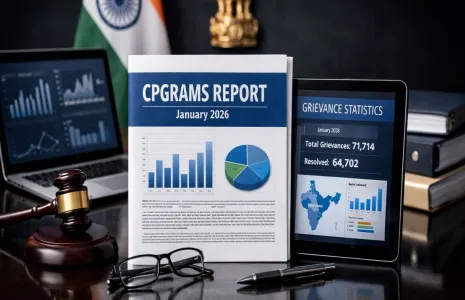Will Force Majeure come to the rescue of contractors?

Photo: For representational purpose
With the COVID-19 global pandemic causing a knee-jerk stoppage of almost all economic and commercial activities except those covered under essential supplies, even non-legal professionals have got used to hearing the term
?Force Majeure? (FM).
The purpose of a FM clause is to relieve parties from performing their contractual obligations when certain circumstances beyond their control arise, making performance impracticable, illegal or impossible, and thereby saving them from penalties and court battles. FM is governed by the Indian Contract Act 1872 (ICA) in so far as it is relatable to an express or implied clause in a contract. If the clause appears in a contract, it is governed by ICA, dealing with contingent contracts and, more particularly, Section 32 thereof. If an FM event occurs dehors (out of) the contract, it is dealt with using the rule of positive law under Section 56 of ICA which provides for a contract to do an act which, after the contract is made, becomes impossible or, by reason of some event which the prom is or could not prevent, either becomes unlawful or void or becomes impossible as laid down in the famous case law of Satyabrata Ghose Vs. Mugneeram Bangur & Company (1954 AIR 44). Normally, a FM clause will not be construed to apply where the contract provides for an alternative mode of performance, which is clearly and expressly embedded in the contract as was laid down by the Apex Court in Alopi Prasad & Sons Vs. Union of India (1960 SCR (2) 793).
FM in a construction contract
A well-defined FM clause in a construction contract can protect the contractor from unexpected circumstances by specifying various uncertain events and situations in which the contractor will be unable to perform contractual obligations, such as inability to have sufficient resources including manpower at site, material delivery, access to site, procurement of plant and machinery and its maintenance and implications, or procuring approvals and sanctions from the competent authorities. In some contracts, FM can also be covered under a clause for adverse material changes.
Depending on the terms of the agreement, on account of a FM provision, either an extension may be sought or the performance of a particular obligation may be excused or the agreement may thereafter be terminated. Normally, a notice invoking the FM clause is to be given by the party who is aggrieved by such an event and the period for which the effect of a FM event is expected to continue. In the absence of a specific FM clause, a party may consider an alternative for frustration of contract.
Challenges faced by contractors in times of COVID-19
The pandemic and government-imposed lockdown are events beyond the control of any party and have caused tremendous disruptions to a running economy. The
challenges that may be faced by contractors in the current situation can involve delay in completion of a project, imposition of penalties owing to delay, invocation of bank guarantees, interest servicing on debts without receipt of any payments for work performed in accordance with the contract, cost escalation and increase in expenses, etc. The bigger challenge is the ambit of the FM clause covered in the majority of existing contracts that has limited the definition of FM events to natural calamities, thus making it worse for contractors to expect a reprieve under such a definition, which is too narrow to take in its fold the pandemic and lockdown.
The purpose of a FM clause is to suspend performance in certain situations, mitigate losses, modify milestones, and avoid disputes going to court. It generally specifies the intimation period and waiver or suspension of performance under the agreement to mitigate the damage that may be caused and bearing of losses and, at the option of the party, may also lead to termination of the agreement.
How can an FM clause come to the rescue to contractors?
A well-defined FM clause comes to the rescue of the contractors in case of unanticipated events or situations beyond their control and can provide a reprieve from payments and respite from performance of obligations and penalties for the period of such adversities.
For instance, in a well-defined FM clause in a development agreement for constructing flats, a situation like COVID-19 is considered a FM event and the developer is able to obtain an extension for completion of the project; thus, no penalties will be levied for the entire period of lockdown. Owners will not be able to seek termination of a contract or levy penalties.
In fact, in these trying times and unprecedented situation, the Government of India has taken upon itself to safeguard the interest of various stakeholders in commercial contracts and ministries have issued circulars/office memoranda to grant a reprieve to certain industries. For instance, the Ministry of Finance recently declared that any disruption in supply chains owing to the spread of Coronavirus will be covered in the FM clause in the contract; this may be invoked, wherever considered appropriate, following due procedure. The Ministry of Road Transport and Highways, among other relief measures, has permitted the release of retention money (forming part of the
bank guarantee) in proportion to the work completed, based on certain criteria. The Government has also advised real-estate regulatory authorities to extend the
project completion date by a few months for ongoing projects.
Important legal aspects to consider
It is important to determine which types of circumstances will be covered in the FM clause. The clause should distinctly specify the three elements: a list of types of events that are deemed to be triggering events of the clause; events identifying the party bearing the risk of such triggering events; and statements identifying the effect of such an event on the obligations of parties. It may specify performance or non-performance in case of triggering events by waiver, rescue, reprieve and, if no resolution is possible, a mutually agreed upon dispute resolution mechanism. Depending upon the nature of the specific contracts, it may also be advisable to include circumstances that do not prevent or affect and impair the performance of a contract, available remedies, and the option for termination as a last resort because of the FM. Particularly after COVID-19, it may also include
health and safety norms to be adhered to at the project site by the staff and other personnel. As contracts for ongoing projects can only be modified on mutual agreement, going forward FM clauses will be relooked atfor the government-imposed lockdown and complete stoppage of all activities on a global scale.
About the Authors:
Aradhana Bhansali is Partner while Aarti Jumani and Manasi Padwalkar are Associates at Rajani Associates.












